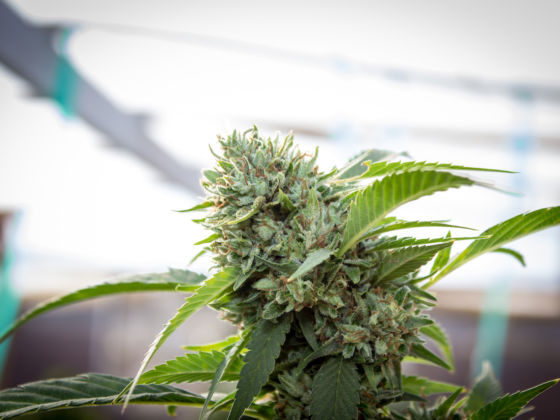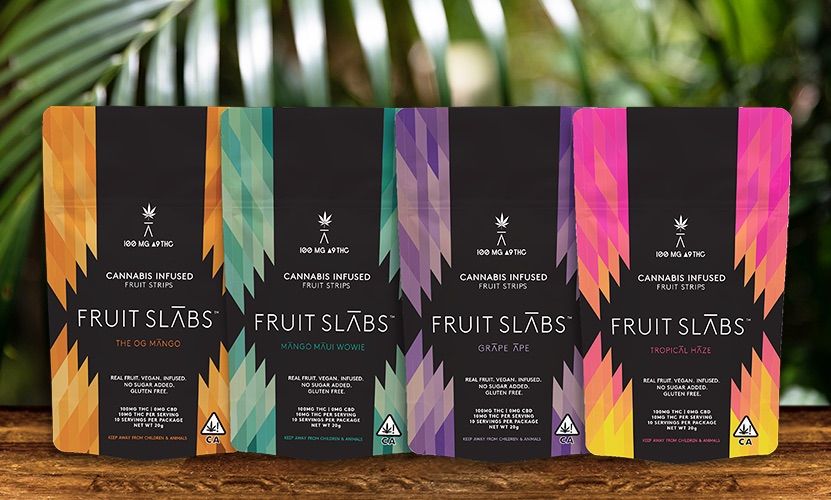The Fiddler on the Roof’s Anatevka, it turns out, didn’t really have traditions for everything. How to eat, how to sleep, how to dress, sure. But how to take marijuana? Somehow that got left out of the Talmud.
Though Tevye, Yetne, and Motel the Tailor may never have considered the Jewish dietary implications of cannabis, it’s a real issue in 2019. With medicinal marijuana now legal in a majority of states in the US – as well as Israel – and recreational legalization on the rise, finding cannabis that’s certified as kosher is a real concern for observant Jews. And even goyim are looking for the big K symbol on their cannabis like they might on a pack of hot dogs, a clear indication of a quality product.
But how is a plant that was until very recently illegal getting certified as kosher? And who, exactly, are the rabbis cool enough to be doing it?


